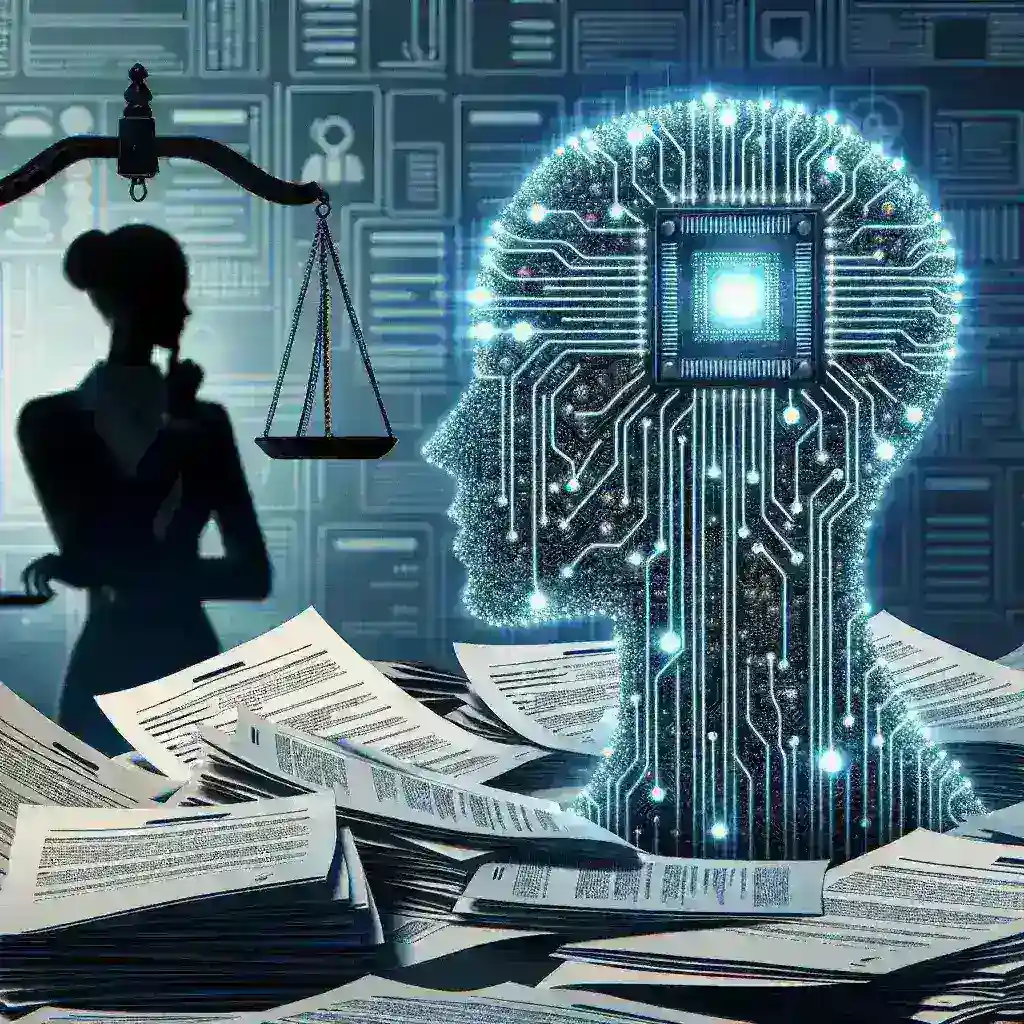Introduction
In recent years, artificial intelligence (AI) has revolutionized the recruitment landscape. AI-powered resume screening tools are increasingly being adopted by companies to streamline the hiring process. However, reports have surfaced indicating that these technologies may inadvertently perpetuate discrimination against certain demographics. This article delves into the current investigations surrounding AI resume screening tools in the U.S., exploring their implications, potential biases, and the path forward for equitable hiring.
The Rise of AI in Recruitment
Historical Context
The integration of technology into recruitment isn’t a new phenomenon. From the inception of Applicant Tracking Systems (ATS) to the recent emergence of AI-driven tools, the aim has always been to enhance efficiency and reduce human error. However, as with most advancements, the implementation of AI has raised ethical concerns.
Understanding AI Resume Screening Tools
AI resume screening tools leverage machine learning algorithms to analyze job applications. These systems evaluate candidates based on various parameters, such as skills, experience, and keywords, to rank applicants. While this can expedite the hiring process, the reliance on algorithms has led to questions about fairness, especially in light of recent investigations.
Investigations into Discrimination
Current Findings
Recent investigations by regulatory bodies have highlighted instances where AI screening tools exhibit bias against specific groups, particularly women and minorities. For example, certain algorithms may favor candidates from particular universities or backgrounds, excluding qualified individuals who don’t fit the mold.
Examples of Bias
- Gender Bias: Some AI tools have been found to prioritize resumes with masculine language, inadvertently disadvantaging female candidates.
- Racial Bias: Algorithms that learn from historical hiring data may replicate existing biases, leading to underrepresentation of minority groups.
- Educational Bias: Candidates from less prestigious educational institutions may be overlooked, regardless of their skills and qualifications.
Implications for Businesses
The consequences of utilizing biased AI screening tools can be severe. Companies may face legal repercussions, damage to their reputation, and loss of diverse talent. As diversity and inclusion become paramount in organizational culture, reliance on biased AI can hinder progress.
The Debate: Pros and Cons of AI Screening Tools
Pros
- Efficiency: AI tools accelerate the screening process, allowing recruiters to focus on more strategic tasks.
- Consistency: Algorithms apply the same criteria to each candidate, providing a level of uniformity in evaluations.
- Scalability: AI can handle a large volume of applications, making it easier for companies to manage recruitment at scale.
Cons
- Bias: The primary concern is the potential for discrimination, as discussed earlier.
- Lack of Human Touch: AI cannot truly assess soft skills or cultural fit, which are critical in many roles.
- Transparency: Many AI algorithms operate as ‘black boxes,’ making it difficult for companies to understand how decisions are made.
Future Predictions
Ethical AI Development
The future of AI in recruitment hinges on ethical considerations. Companies are likely to face increasing pressure to ensure their AI tools are fair and unbiased. This may lead to the development of frameworks that mandate transparency and accountability in AI algorithms.
Increased Regulation
As investigations continue, it is plausible that regulatory bodies will implement stricter guidelines on the use of AI in hiring. Companies may be required to conduct regular audits of their AI systems to identify and rectify biases.
Emphasis on Human Oversight
While AI can enhance recruitment efficiency, the need for human oversight will become more pronounced. Recruitment teams may need to balance AI’s analytical capabilities with human intuition to ensure fair hiring processes.
Steps to Ensure Fairness in AI Screening
Conduct Regular Audits
Organizations should routinely evaluate their AI tools for biases, making adjustments based on findings to promote equitable outcomes.
Incorporate Diverse Data Sets
Using diverse training data for AI algorithms can help mitigate biases. This means including resumes from a variety of backgrounds to ensure a more representative analysis.
Foster an Inclusive Culture
Beyond technology, fostering an inclusive workplace culture can help organizations attract a diverse talent pool. This includes initiatives such as mentorship programs and diversity training.
Conclusion
AI-powered resume screening tools present both opportunities and challenges in the recruitment space. As investigations into discrimination continue to unfold, it is imperative for businesses to prioritize ethical AI practices. By fostering an inclusive culture and ensuring transparency in their hiring processes, organizations can leverage the benefits of AI while minimizing potential risks. The path forward involves balancing technology with the human touch, ensuring that every candidate has an equal opportunity to succeed.

Leave a Reply